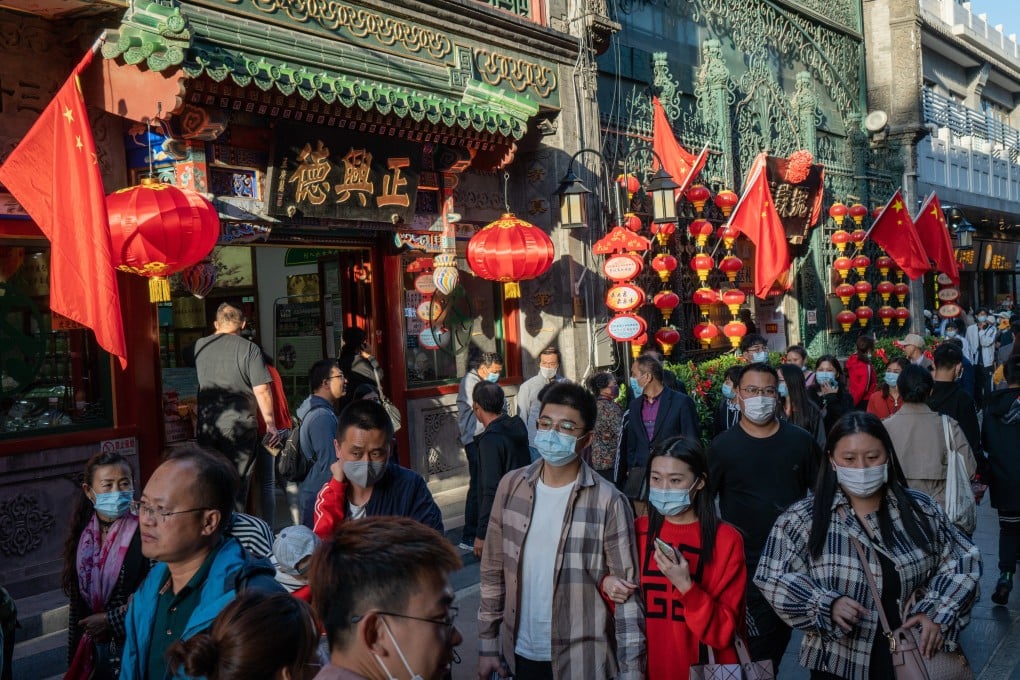Advertisement
The View | China is wasting its Covid-19 leadership moment on the world stage
- China led the world into the pandemic and its economy is leading the way out. This should be a time for Beijing to effortlessly extend its soft power. So why hasn’t China’s push to win friends and influence people paid dividends?
4-MIN READ4-MIN

Covid-19 is hastening the arrival of the long-promised Asian century, with China leading the world in economic growth as it comes out of coronavirus-induced depression.
The pandemic is acting as an accelerant – whether in adoption of new technologies or in allowing China to take more of a leadership role, economically and politically. The West is exhausted and uncertain, leaving the field open for China. Can Beijing seize the moment?
China led the world into the Covid-19 pandemic and it is leading the way out. Monday’s third-quarter growth figure of 4.9 per cent shows a solid recovery. China alone among major economies will post positive economic growth in 2020.
Advertisement
Much of East Asia is on the same trajectory, with Covid-19 case numbers and fatalities a tiny fraction of those in Europe and the United States. The US’ population is one-quarter that of China’s, yet it has almost 50 times as many deaths. The Trump administration has alienated much of the world with its erratic “America first” policies.
Pulling out of the Trans-Pacific Partnership in the first days of his administration, withdrawing from the Paris climate agreement and the recent decision to exit the World Health Organization leaves the way open for China to lead, in Asia and beyond.
Advertisement
Advertisement
Select Voice
Select Speed
1.00x
